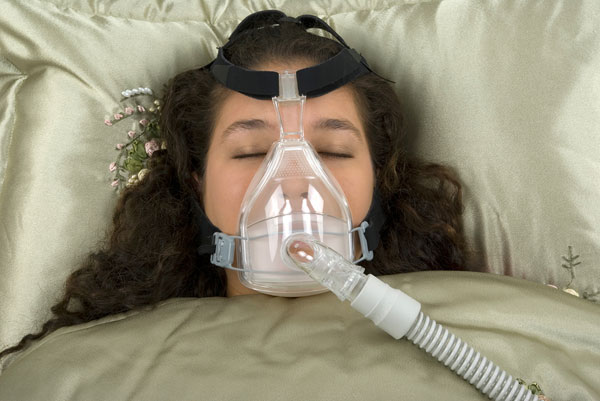Extend respiration to save many patients' lives
The results of the American scientists' study published in the September 4 issue of The Lancet show that in hospitals, only doctors need to extend breathing time for a few more minutes to create more opportunities. more to save lives of patients with heart disease.

Researchers led by Zachary Goldberger of the University of Washington in the United States conducted a detailed review of 64,000 patients from 435 American hospitals between 2000 and 2008.
The results showed that in hospitals, on average, doctors usually spend about 20 minutes trying to revive patients whose heart has stopped. Unexpectedly, the scientists found that if the doctors prolonged the duration of the patient's recovery longer (on average 25 minutes), the number of rescued patients was 12% higher than those of patients only. be given an emergency within 16 minutes.
Research shows that when prolonging the time to revive a patient's heart lasts longer, the patient's brain can avoid more injuries than those who are inhaled suddenly and too quickly.
According to statistics, in developed countries, 1-5 out of every 1,000 patients are diagnosed with cardiac arrest, of which up to 20% are saved.
- Should artificial respiration be used for stroke patients?
- Extend life for liver cancer patients
- 9 basic emergency skills everyone should know
- Australia produces 'fairy medicine' that extends the lives of people suffering from internal injuries
- Why can't suicide by stopping breathing?
- Why do we breathe out carbon dioxide?
- Basic first aid skills to know
- How to extend your life at work
- Hope to live for patients with severe heart failure
- Coal smoke poisoning can be deadly
- New therapies prolong the lives of AIDS patients
- Electric mask
 Green tea cleans teeth better than mouthwash?
Green tea cleans teeth better than mouthwash? Death kiss: This is why you should not let anyone kiss your baby's lips
Death kiss: This is why you should not let anyone kiss your baby's lips What is salmonellosis?
What is salmonellosis? Caution should be exercised when using aloe vera through eating and drinking
Caution should be exercised when using aloe vera through eating and drinking Positive trial results of drug that 'melts' cancer tumors
Positive trial results of drug that 'melts' cancer tumors  Tips to reduce loss of appetite during breast cancer chemotherapy
Tips to reduce loss of appetite during breast cancer chemotherapy  WHO recommends not using plasma to treat COVID-19 patients
WHO recommends not using plasma to treat COVID-19 patients  Smart bandages help patients recover from a distance
Smart bandages help patients recover from a distance  The first trial with a drug to treat long-lasting Covid-19 sequelae
The first trial with a drug to treat long-lasting Covid-19 sequelae  Close-up of modern equipment and machinery inside the largest Covid-19 field hospital in Hanoi
Close-up of modern equipment and machinery inside the largest Covid-19 field hospital in Hanoi 